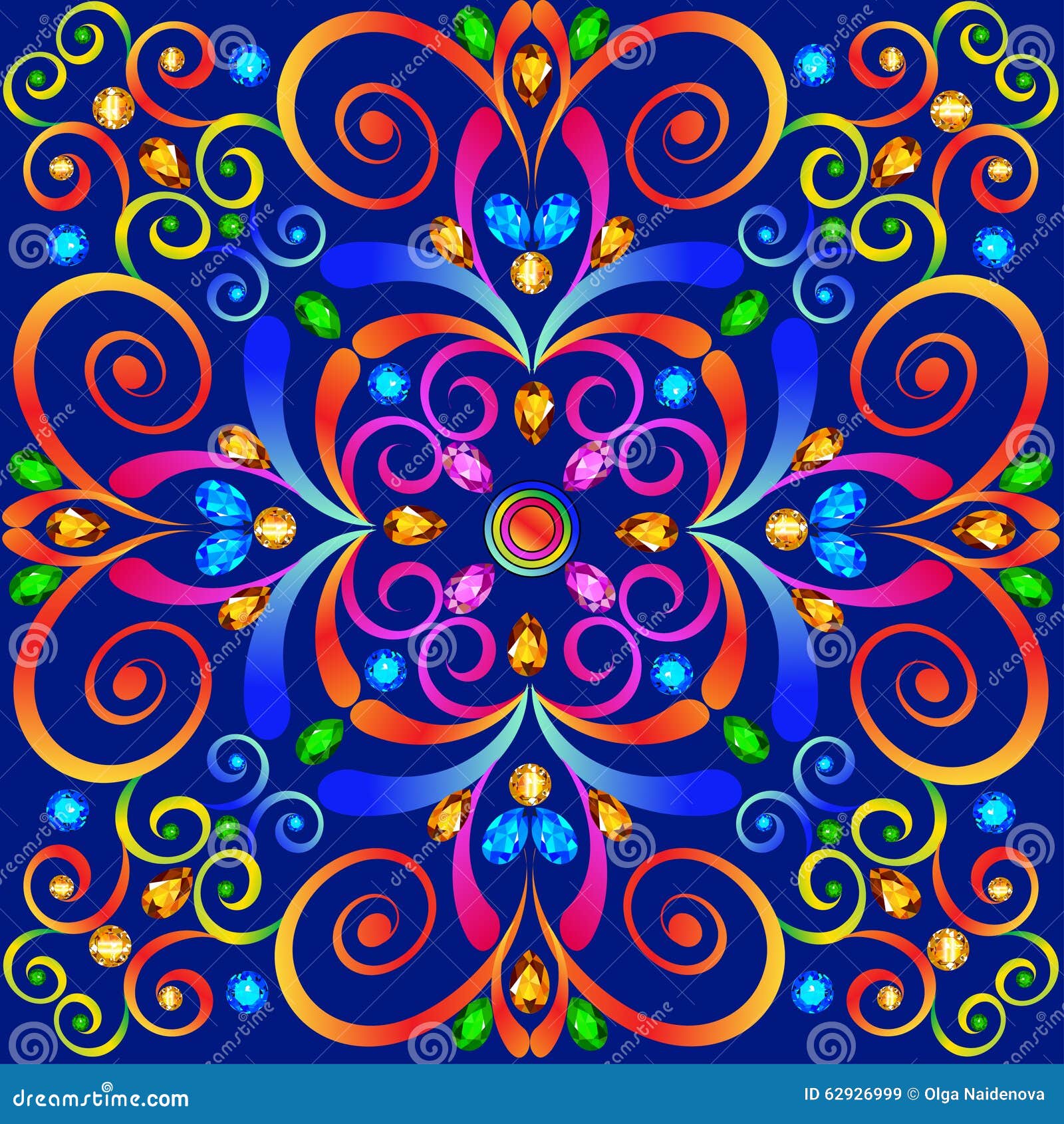Links zum Thema Rumi
Literatur
- Annemarie Schimmel (1922-2003) deutsche Islamwissenschaftlerin, Rumi. Ich bin Wind und Du bist Feuer. Leben und Werk des großen Mystikers, Diederichs Gelbe Reihe, Hugendubel, München, 6. Auflage 1990, Taschenbuch 1. Januar 2003
- Ya¸sar Nuri Öztürk, Rumi und die islamische Mystik. Über das Menschenbild im Islam, Grupello Verlag, Düsseldorf, 1. Auflage 2002
- Johann Christoph Bürgel, Herausgeber, Gedichte aus dem Diwan, Beck, München, 2003
- Dissertation von Vanessa Kayling, Die Rezeption und Modifikation des platonischen Eros-Begriffs in der französischen Literatur vom Mittelalter bis zum 17. Jahrhundert unter Berücksichtigung der antiken, arabischen und italienischen Tradition, Universität Marburg, 2008
- Şefik Can, Mewlana Dschelaleddin Rumi. Leben Wirken und Gedankenwelt aus Mevelevi-Sufi, perspektive, Fontäne-Verlag, Offenbach am Main, 2. Auflage 2009
- Andreas Krause, Ich sah in beiden Welten eine, Kulturforum Wissen, 2009
- Dschalal ad-Din Rumi (1207-1273) persischer islamischer Mystiker, Jurist, Theologe, Dichter des Sufismus, Coleman Barks (*1937) US-amerikanischer Übersetzer, Dichter, Rumi. Die Musik, die wir sind, Arbor Verlag, Freiamt, 1. Taschenbuchauflage
1. Oktober 2009
Literature (engl.)
- Reynold A. Nicholson, Tales of mystic meaning. Being Selection from the Mathnawi, Chapman and Hall, London, 1931
- Jalal ad-Din Muḥammad Rumi (1207-1273) Persian Muslim Sufi mystic, jurist, theologian, poet, Coleman Barks (*1937)
US American poet, translator of Rumi and Persian mystics, John Moyne, translator The Essential Rumi, HarperOne, 1995,
new expanded edition, paperback issue 28. May 2004
- Jalal ad-Din Muḥammad Rumi (1207-1273) Persian Muslim Sufi mystic, jurist, theologian, poet, Coleman Barks (*1937)
US American poet, translator of Rumi and Persian mystics, newly translated poems The Soul of Rumi. A New Collection of Ecstatic Poems, HarperOne, 2001, reprint edition 17. September 2002
- Will Johnson, Nevin O. Ergin, The Forbidden Rumi. The Suppressed Poems of Rumi on Love, Heresy, and Intoxication, Inner Traditions International, 2006
- Will Johnson, The Spiritual Practices of Rumi. Radical Techniques for Beholding the Divine. Radical Techniques for Beholding
the Divine, Inner Traditions Bear and Company, 2007
- Jalal ad-Din Muḥammad Rumi (1207-1273) Persian Muslim Sufi mystic, jurist, theologian, poet, Collected Poetical Works of Rumi, Delphi Classics, 30. December 2015
↑
Externe Weblinks
External web links (engl.)
↑
Audio- und Videolinks
Audio and video links (engl.)
↑
|

